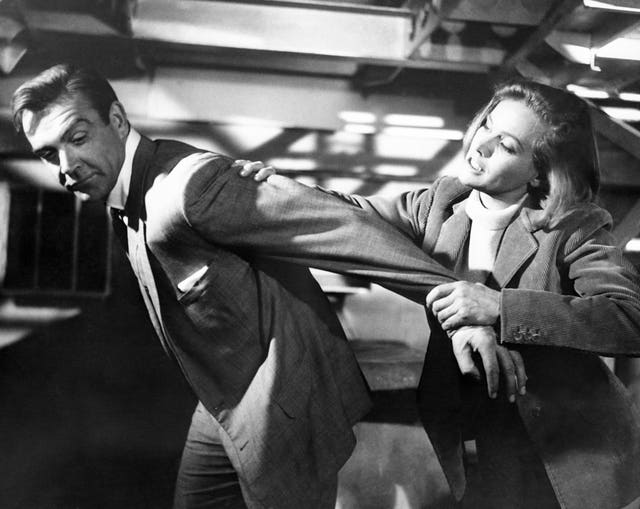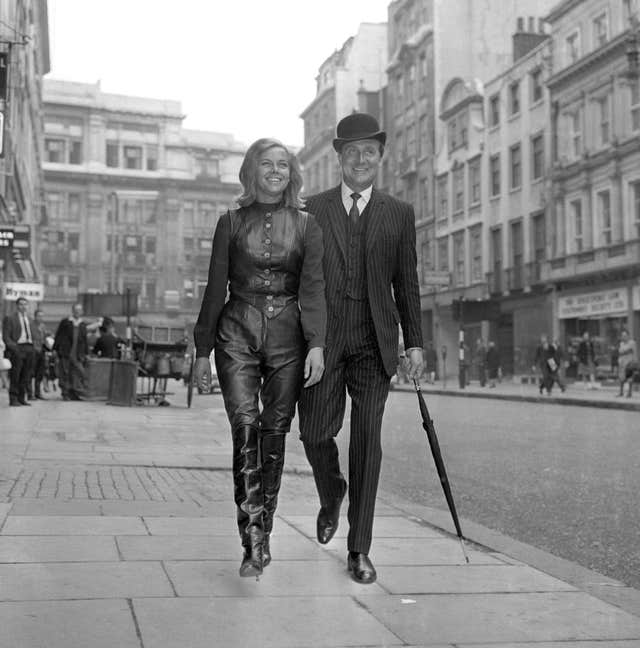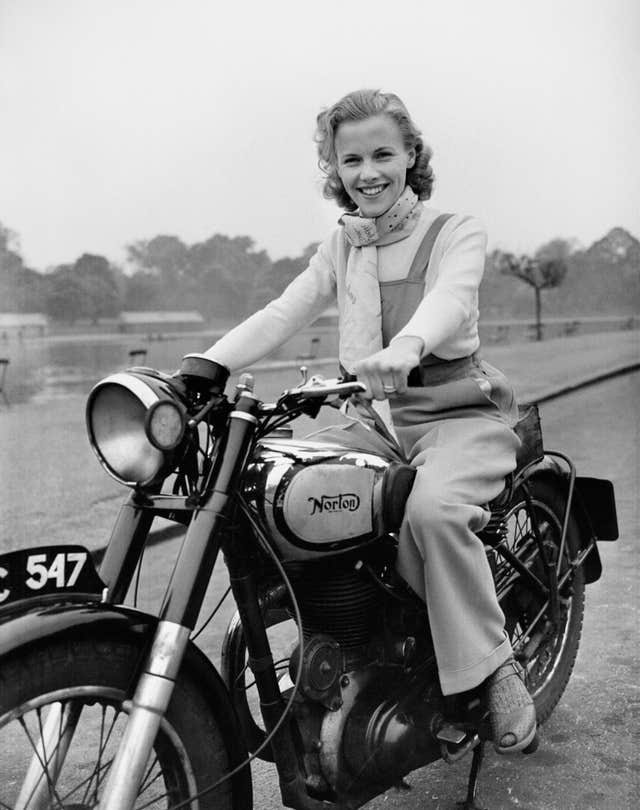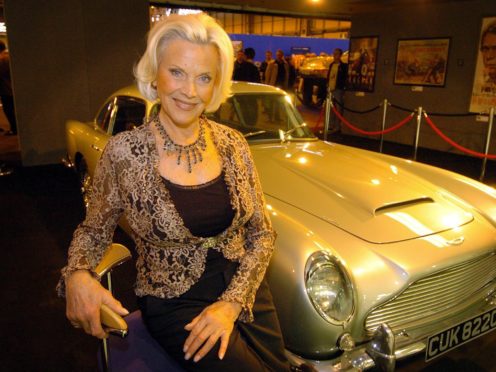Honor Blackman was an English rose starlet who transformed virtually overnight into the judo-kicking Cathy Gale in the 1960s TV hit The Avengers – and later became Pussy Galore in the James Bond film Goldfinger.
Blackman, whose working life began as a motorcycle dispatch rider for the Home Office during the Second World War, became one of the most popular and loved actresses on stage and screen.
She was playing demanding roles in the West End into her 80s and retained the youthful looks, glamour and style of a much younger women.
Indeed, in 1996, she wrote a book called How To Look And Feel Half Your Age For The Rest Of Your Life.

Honor Blackman was born in Plaistow in the East End of London on August 22 1926. Her father, a strict disciplinarian, taught her how to box, a skill which came in useful when she knocked out two boys who were bullying her brother Ken, who later tragically died of a brain haemorrhage in his early 30s. She was also a judo brown belt.
She left home at the age of 17 when her father hit her for using make-up. She hit him back.
Blackman began acting at the Guildhall School of Music and Drama in the 1940s. She was not, as has often been claimed, a member of the Rank Charm School, but she was certainly a Rank starlet. Her first role was at the Criterion Theatre, London, as an understudy in The Guinea Pig.
At the age of 20, she married businessman Bill Sankey, whom she later described as being like her father. Two years later she had an abortion, which was illegal at the time and nearly killed her.
After that she was offered a part in a film to be shot in Spain, and realised how much she enjoyed living on her own. The marriage broke down and ended in divorce, all of which took its toll. Blackman had a nervous breakdown at the age of 29 and spent four weeks in a mental hospital followed by five years in therapy.

At 37, she married her second husband, actor Maurice Kaufman. They discovered that they could not have children together so she adopted a boy and a girl, Barnaby and Lottie.
By now her career was soaring with her role in The Avengers. “Everyone thought of me as a glamour puss,” she said. “And I wasn’t offered classic roles or Shakespeare, which I’d like to have done.”
She was in The Avengers from 1960 to 1963 and left when she felt they were recycling old scripts.
It was around the same time her marriage started to break down when her career began to soar but her husband’s went downhill and they eventually divorced.
Blackman achieved international stardom in 1964 as Pussy Galore. The scene in which a menacingly-efficient Blackman throws Sean Connery’s 007 to the ground is regarded as one of the most smouldering of the genre.
But there were more TV successes as well. She starred in the ITV comedy series The Upper Hand which ran from 1990 to 1996, as a glamorous grandmother with a taste for toyboys.
She had a cameo role in the film Bridget Jones’s Diary, and scored a runaway hit in her one-woman show Dishonourable Ladies, about femmes fatales through the ages. At one point, she was touring with her show while rehearsing for Tennessee Williams’ The Glass Menagerie.

In 2000, at the age of 74, she played the part of ageing actress Mme Alexandra in the Jean Anouilh comedy Mademoiselle Colombe at the small Bridewell Theatre off London’s Fleet Street.
Nine years later, she appeared in an episode of the BBC’s Hotel Babylon, and in 2015 also featured in an episode of comedy series You, Me And Them.
In her mid-70s, Blackman was diagnosed with breast cancer. However, early treatment seemed to eradicate the disease.
Afterwards she said: “It was an aggressive cancer but I’ve been well looked after. They don’t know what the prognosis is but my specialist thinks he has got me under control. He must be the first!”
Before long, she was back on the stage, doing a six-month stint playing Fraulein Schneider in the West End production of Cabaret in 2007.
In later life, at the age of 90 in 2015, she hit out at the “ridiculous obsession” with the age of women appearing in Bond films.
She also called for an end to stars being referred to as Bond girls because they are “women and actresses”.
